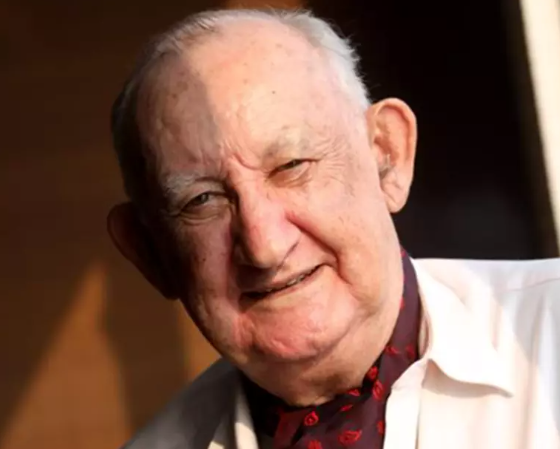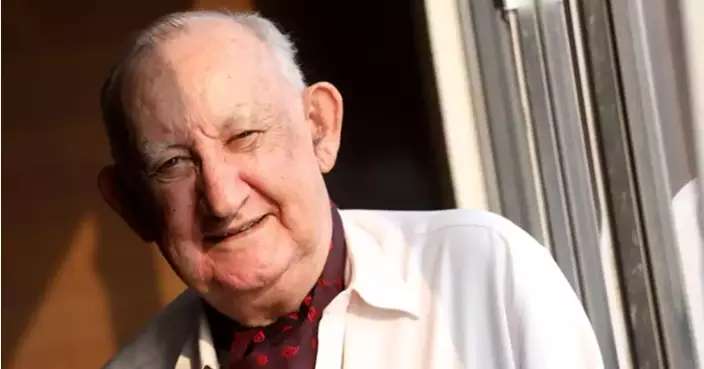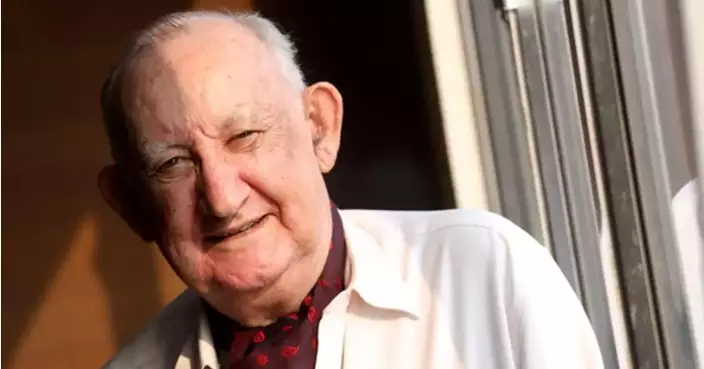Mark Pinkstone/Former Chief Information Officer of HK government
The grass is not greener on the other side of the fence as many emigrants have found out. It doesn’t matter which country they plan to settle; the story is the same for most: desperation and hardship.
There have been stories of successes as the Chinese have been known for their tendency to emigrate to every corner of the world. There are Chinese restaurants and market gardens everywhere and many have even been admitted into local legislatures. There are also Hongkongers in academia and various professions taking up key positions in local communities.
But there have also been stories of hardships.
Hong Kong’s population stood at 7.1 million in 2010. Today it is officially 7.4 million and would have been more if there was not a dip of 0.9 per cent in the 2019-20 period when Hong Kong experienced devastating riots and social unrest. Many fled to the US, Canada, Australia and the UK for various reasons including searching of a better life or escaping prosecution for criminal offences relating to the riots. Others left to seek a better life abroad or to follow their loved ones.
Immigration lawyers rose like mushrooms in a damp paddock ready to sap a lucrative market seeking a new home in a far away place. And foreign governments could see the potential of a highly regarded workforce to bolster their economies. It appeared to be an ideal formula of supply and demand. But that was not to be.
Many who fled to the UK in the 2019-21 period arrived at a time when unemployment had reached 4.7 per cent so jobs in the promised land were not available. In fact, many were shunned as noted in a survey that the National Health Service (NHS) was facing severe staff shortages while Hong Kong medical professionals were Uber drivers.
Hongkongers who fled to the UK faced many problems, the greatest being language, followed by financial difficulties due to lack of work or low paying jobs.
The British think tank, British Future and its companion Welcoming Committee for Hong Kongers (WC4HK), had carried out a survey among arrivals from Hong Kong and found life in the promised land was not a bed of roses for the newcomers. They found the costs of council tax, energy bills and public transportation unexpectedly high. The useless British National (Overseas)BN(O) passport holders faced financial challenges due to their visa status, including lack of credit history, the NHS surcharge and difficulties accessing their Hong Kong pension.
Most of the participants interviewed by the WC4HK had not achieved a degree to fit with their previous jobs in Hong Kong. It was more common for the new arrivals to be working in both a different sector, and at a lower skilled level. For example an editor is now working as a waitress at events, an insurance accounts manager in a shipping firm is working in a warehouse as a picker and packer, an accountant is now working as a chef and was previously in retail and hotel work, a journalist who searched unsuccessfully for clerical work, is now working as a chef, a primary school teacher is now working in a nursing home, a construction manager is now doing freelance translation work, a marketing manager is now unemployed after working part-time in a beverage shop, a manager in a toy manufacturing company is now working on data input, a civil servant is now working as a security guard in a prison, and a director’s secretary is now working in two cleaning jobs. They are all square pegs in a round hole.
In January 2021, the British, in an effort to entice more Hong Kong people to the UK, introduced special immigration visas available to 5.4 million residents in its former colony. It was a flop!
Some 144,500 Hongkongers took up the new visa offer during the two years after the scheme was introduced. The scheme allowed BN(O) passport holders and their dependents to live and work in the UK for up to five years with the goal towards permanent residency and citizenship.
Adults born after 1997 can also apply on their own if one of their parents is a BN(O) holder.
But the Brits are putting up a brave face. British politician Robert Jenrick said last year when he was Immigration Minister that the policy allowed Hongkongers to “enjoy all the freedoms that we enjoy here [UK].” Actually, they are the very same freedoms enjoyed in Hong Kong.
And, unashamedly, he added, “Many Hongkongers have said that living in Britain is like coming home. The UK is proud to have welcomed 144,500 people from Hong Kong since the launch of the new BN(O) visa launch.”
Obviously, Mr Jenrick has not read the report from the Welcoming Committee for Hongkongers on the gripes Hongkongers have about the UK. And a success rate of 2.27 percent of the 5.4 million eligible to take up the offer is hardly something to crow about.
Mark Pinkstone
** The blog article is the sole responsibility of the author and does not represent the position of our company. **





















































